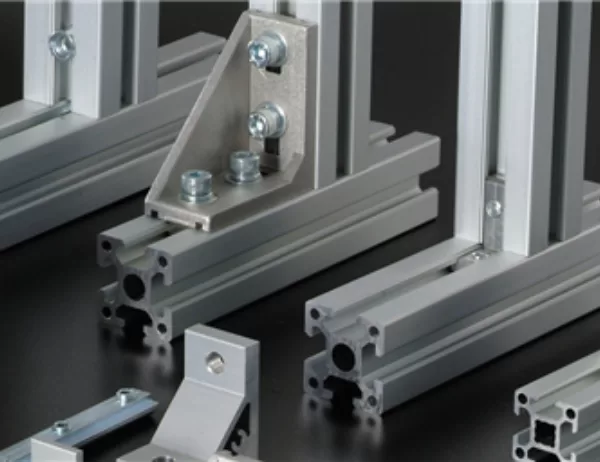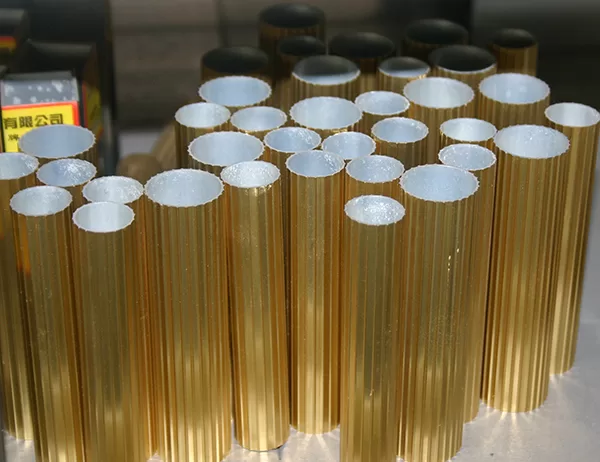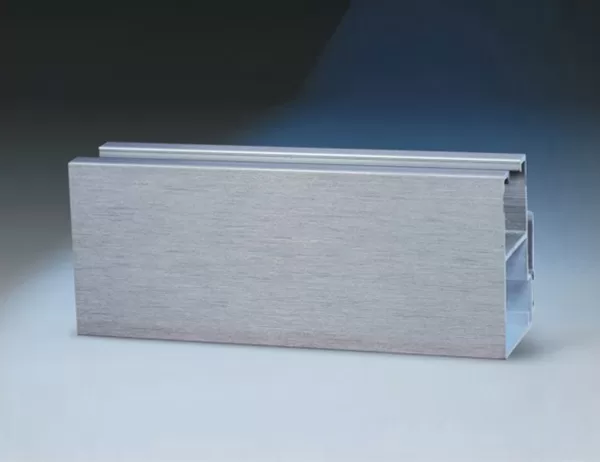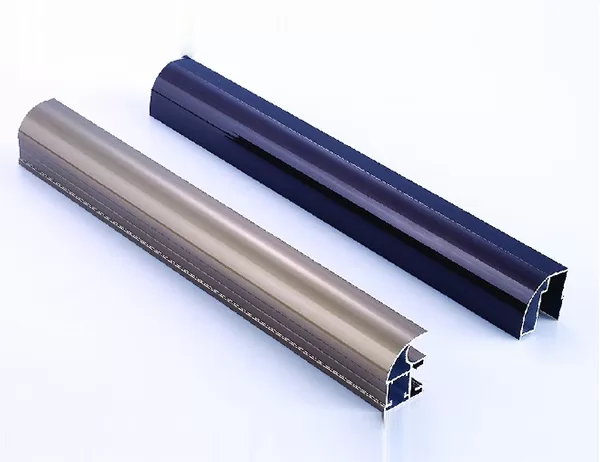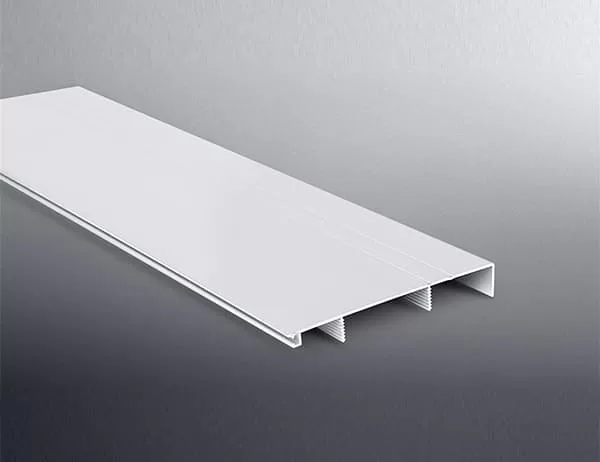Solar panels have emerged as a pivotal clean energy technology, providing a sustainable and cost-effective means of electricity generation. To ensure the long-term performance and longevity of solar panels, robust and durable materials are essential, particularly in the context of structural support. Aluminum frames have emerged as the preferred choice for solar panel frames, offering a multitude of advantages that contribute to enhancing their lifespan and overall efficiency.
Protection against Environmental Stressors
The harsh outdoor environment poses significant challenges to solar panels, including extreme temperatures, UV radiation, and moisture. Aluminum frames provide excellent resistance to these stressors. Their inherent corrosion resistance ensures that they can withstand the corrosive effects of moisture and humidity, preventing degradation and maintaining the integrity of the solar panels. Additionally, aluminum’s high thermal conductivity enables efficient heat dissipation, preventing excessive temperatures that could damage the delicate solar cells.
Mechanical Strength and Structural Integrity
Mechanical strength is paramount for solar panels to withstand wind loads, snow accumulation, and other external forces. Aluminum frames possess a high strength-to-weight ratio, making them lightweight yet incredibly sturdy. Their rigid structure provides excellent support for the panel, preventing bending or deformation that could impair performance or shorten lifespan. Furthermore, the robust construction of aluminum frames contributes to the overall stability and durability of the solar panels, reducing the risk of damage during transportation or installation.
Electrical Conductivity and Grounding
Electrical conductivity is crucial for efficient energy transfer in solar panels. Aluminum frames act as an excellent conductor, facilitating the flow of electricity from the solar cells to the electrical grid. Additionally, the grounding capabilities of aluminum frames provide a safe and reliable path for discharging any excess electrical energy, mitigating the risk of electrical hazards. This ensures that the solar panels operate safely and efficiently, maximizing their lifespan and energy production potential.
Compatibility and Versatility
Aluminum frames offer superior compatibility with various types of solar panels, including monocrystalline, polycrystalline, and thin-film panels. Their versatility allows for easy integration into different solar panel designs and mounting systems. Additionally, aluminum’s lightweight nature makes it ideal for large-scale solar installations, where ease of handling and installation is crucial.
Aesthetic Appeal and Durability
Aesthetic considerations are also important in the design and installation of solar panels. Aluminum frames enhance the overall appearance of the panels, providing a sleek and modern look that complements a wide range of architectural styles. Furthermore, the corrosion resistance and durability of aluminum ensure that the frames retain their aesthetic value for years to come, avoiding unsightly degradation or discoloration.
Aluminum frames play a pivotal role in enhancing the longevity of solar panels by providing exceptional protection against environmental stressors, ensuring mechanical strength and structural integrity, facilitating electrical conductivity and grounding, offering compatibility and versatility, and contributing to the overall aesthetic appeal and durability of the panels. By leveraging the unique properties of aluminum, solar panel manufacturers and installers can extend the lifespan and optimize the performance of these essential clean energy technologies, ensuring reliable and sustainable electricity generation for generations to come.
